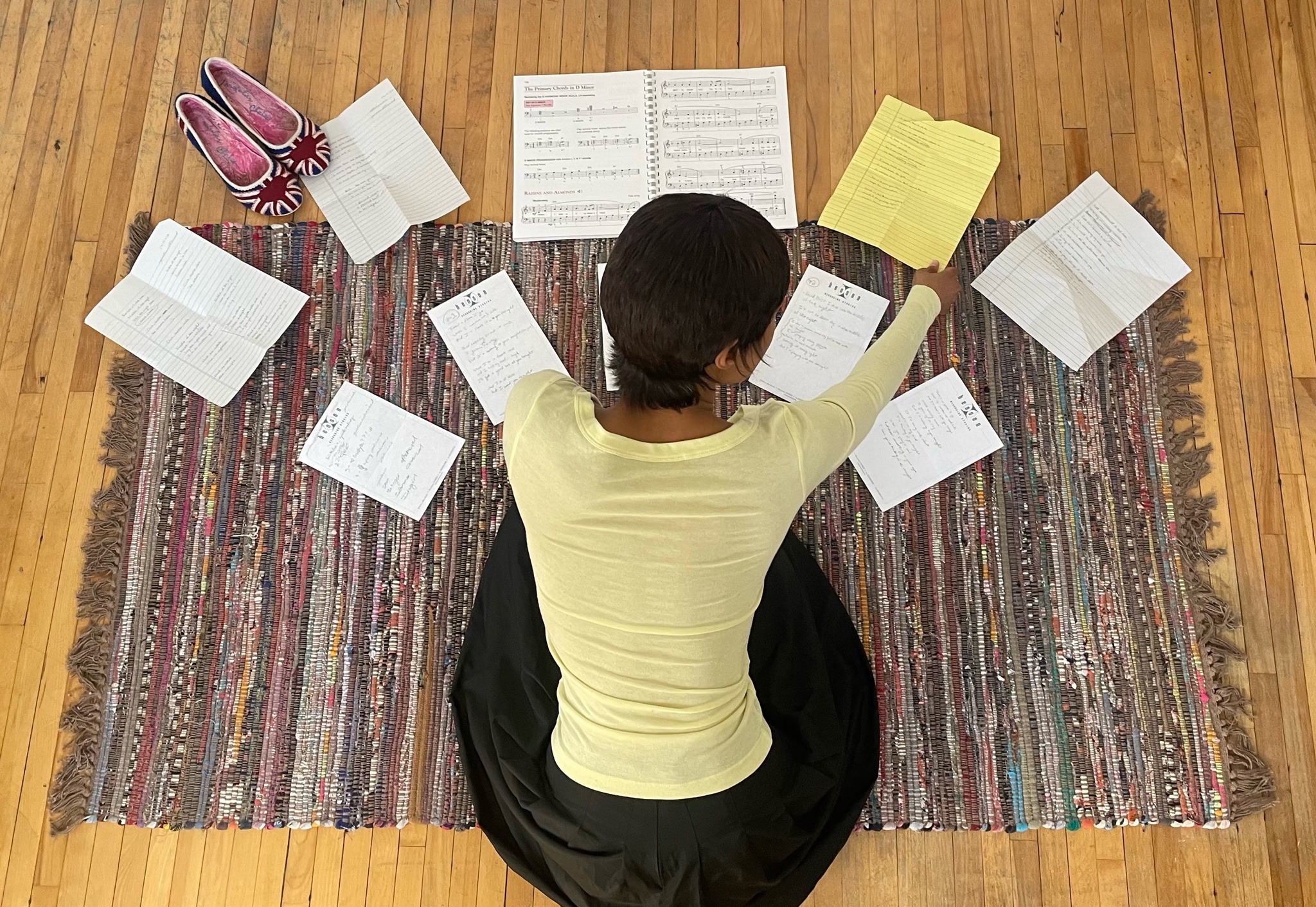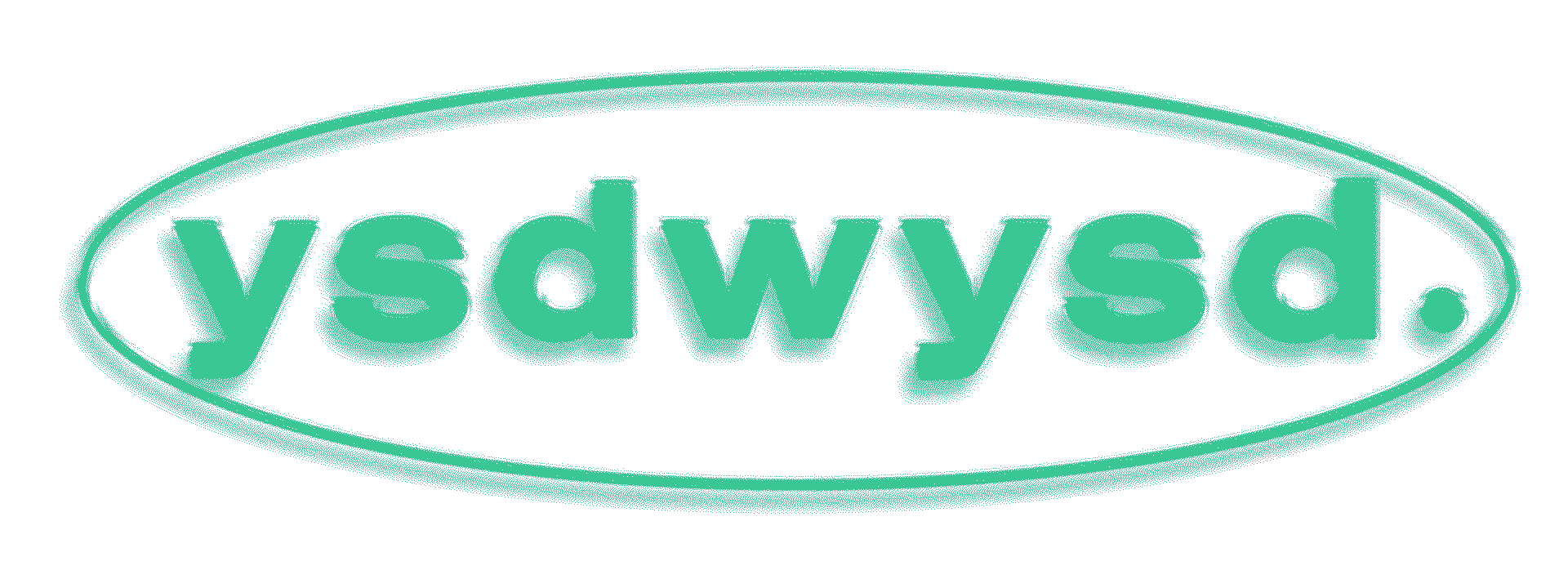Replace Scrolling With Microjournaling

Do you spend a lot of time on social media and other time-wasting apps on your phone? If you’re unhappy with your mindless scrolling habit, you’ve likely tried different tactics to break it, like deleting apps or using screentime features to set time limits.
While these Odysseian methods of restraint can help break the scroll habit, they’re not always effective.
According to researchers, if you want to break a bad habit, you often have to replace it with a better, healthier one.
In my interview with illustrator-filmmaker Campbell “Struthless” Walker about journaling, he offered a powerful substitute for mindless scrolling: microjournaling.
I’ve done microjournaling on and off for the past few years and found it helpful in breaking the scroll habit.
Here’s what it is and how to do it.

What Is Microjournaling?
Microjournaling is exactly what it sounds like. Instead of setting aside 15 minutes to write in your journal, you’re going to shrink that to a minute or two. A microjournaling session could even last under 60 seconds. It’s just enough time to dash off a thought or two.
What do you write about? Anything! Report what just happened in your day. Record your mood. Write down a thought that’s been continually popping up. Make a note of someone you’ve been thinking about and why. Jot down a worry. List something you’re grateful for. Repeatedly reiterate a goal. Whatever you want.
Less Mindless Scrolling; More Life-Improving Insights
When your thumb gets twitchy tomorrow, open Notes instead of a feed. Write one line about what you ate, what your kid said, or that meeting that went south. Close it. Get on with life.
You’re not fighting the habit. You’re redirecting it. Like putting the veggies where the cookies used to be.
The scrolling itch won’t vanish overnight. But after a few weeks, your muscle memory might actually prefer capturing your own life instead of gawking at everyone else’s.
And unlike the blur of tweets and posts you consume that you’ll never care to remember, these fragments of your own experiences will create a treasury you’ll one day want to revisit. A record of a life — and a potential roadmap for how to improve it.
